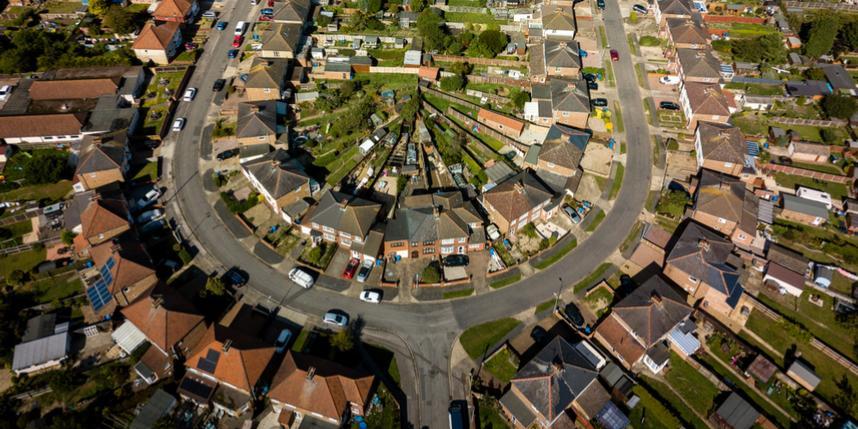Falling Price Offer Opportunities to First-Time Buyers
27 Dec 2018
Buying a Starter Home
Brexit uncertainty has been a reason for a slowdown in property markets in England and Wales, especially when the unemployment rate remains at a 40-year low.
European Commissioner Guenther Oettinger believes Britain will vote in favour of Brexit in January, and the conclusion of a deal in March can lead to fluctuation in property markets, even though the house price was flat overall in England and Wales average property prices grew in months to November.
In November, house prices increased slightly as the market remained subdued.
Berkeley Group claims the market's short-term outlook was undecided, and uncertainty was significant in terms of low investments and transaction volumes. In addition, there are other issues related to the current problems, such as the increase in interest rates by the Bank of England, which can hit borrowing costs and further lead to affordability issues.
Shortage and Unaffordability
The shortage of houses has been the main reason for the lack of housing deals, and other factors include unaffordability due to the growth in demand from international investors, amidst an increase in stamp duties and capital gains, where investors from East Asia, Middle East, and Russia are investing in the UK and especially, London homes.
Such investors favour London, and 75 per cent of international investors spend in the capital city due to safe political and economic factors. Hence, rents grew 22 per cent during the time, though inflation rose 24 per cent.
During the financial crisis, the markets fell 60 per cent, and there has been significant growth in construction in the last few years, where the number of the newly built home was 195,300, 3 per cent below the new ones built in 2007 -2008.
Let-ins and Student Accommodation
The rental growth on new let-ins grew 2 per cent in October. Many first-time buyers see 2019 as the year to get on the property ladder where the government schemes support them, but the supply remains low.
The falling prices can be an opportunity to procure properties at lower rates. The student markets and buy-to-lets are performing in some regions where the CBRE reports found the growth in gross rents was 3 per cent, and net rent grew 3.4 per cent in the last twelve months.
Economists believe the increase in house rates can lead to the situation where investors will have to pay about 9.7 times their salary to buy a newly built England and Wales house ( as per ONS data 2017, in 1997, the investors were paying 4.6 times the salary).
The report by Nationwide states the average UK home price increased 0.3 per cent in November(month-on-month), leading to a rise in annual rates by 1.9 per cent, although the prices fell by nearly £500 in the last month. Halifax reports claim the price in November grew 0.3 per cent y-o-y to November.
There are some markets outside the southeast where the buyers are chasing property rates; despite a shortage, some buyers are grabbing the opportunities.
To know more about UK properties, click Hamilton International Estates (www.hamiltoninternationalestates.com).
Categorised in: All News












